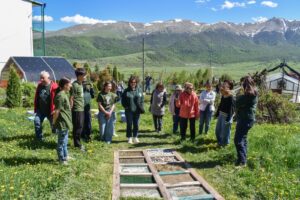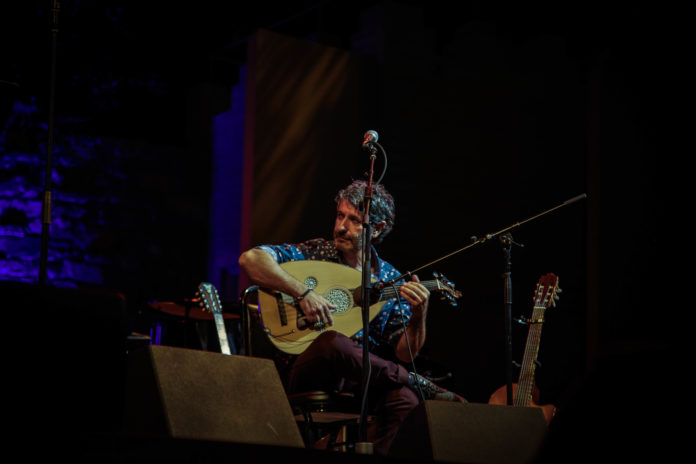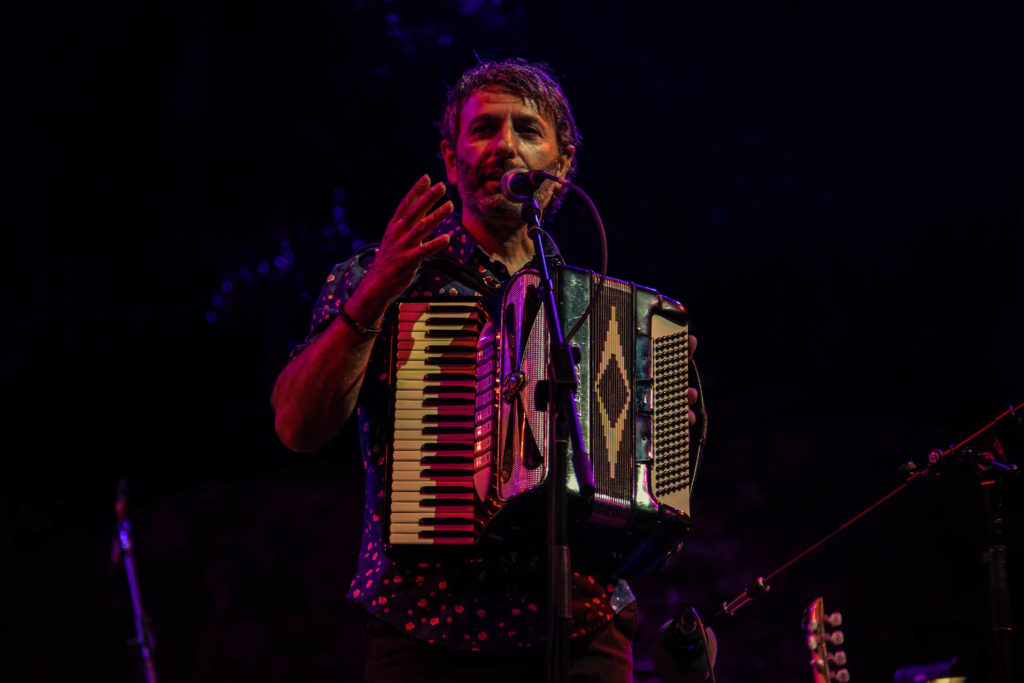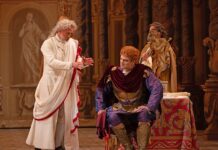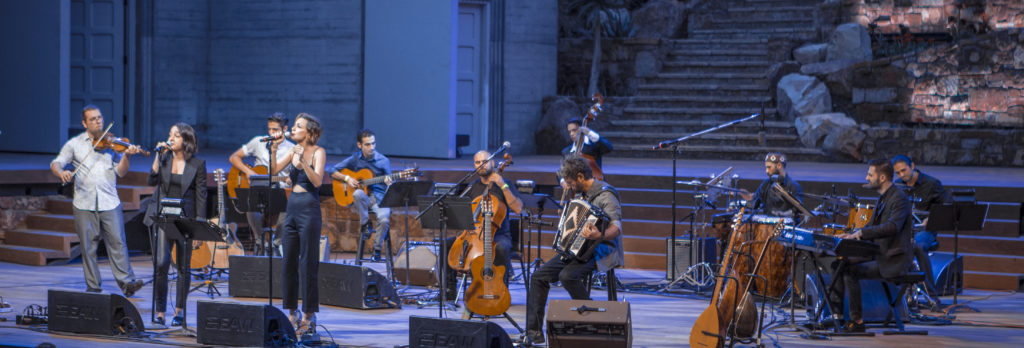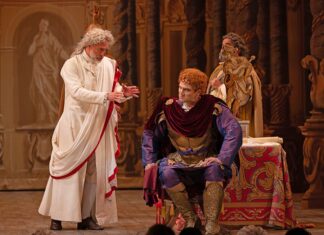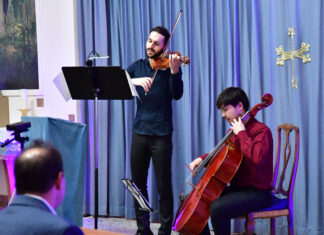LOS ANGELES — Among the cavernous cliffs of the Santa Monica mountains, the sweet hues of Armenian melodies rise into the air, floating high up above the Ford Amphitheatre, where more than 1,000 audience members are transfixed by the musicians on stage, who come from all walks of life, to create folkloric music with a novel twist.
As their music comes alive here in Los Angeles for a diverse audience, attesting to the unifying essence of Element Band, a mixture of cultural nostalgia and emotional tradition envelopes the crowd. The group’s performance centers around its latest album, É, but the evening is also filled with their signature fusion tunes they have become known for over the last 14 years on the world stage.
“It’s more fulfilling to record Armenian music and present it to a wider audience,” said Ara Dabandjian, founder of Element Band, in an interview. “The fact that I’m able to serve Armenian music in places and to people who otherwise wouldn’t have access to it is something I’m very proud of.”
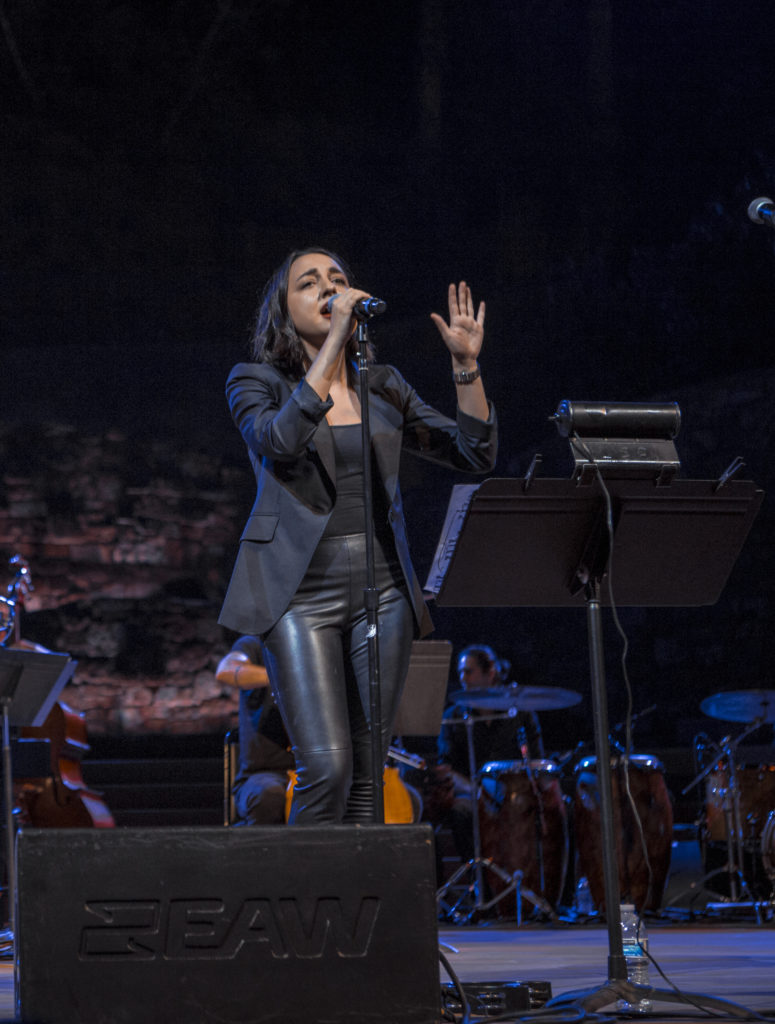
The moving songs, performed live in an eclectic and energetic atmosphere throughout the two hour concert last month, ranged from folklore to lullabies to love songs, forging parallels to the band’s three previous albums but strongly standing out with a message: “É,” which means existence in Armenian, celebrates the being of the band, which officially formed in 2004 and quickly made a name for itself opening for the legendary Demis Roussos at the Kodak Theater in its inaugural year.
Since then Element Band has continued to increase its visibility, experimenting with different forms as it searched for its core identity, which Dabandjian concludes is “strictly” Armenian. The group, under the capable leadership of its director, ensure that their live performances are as fulfilling as their recorded albums, particularly when the audience is just as invested as the musicians on stage.
“We derive energy from the audience,” said Dabandjian. “Performing in front of a full house is a whole different experience on stage and you can feel the vibe that everyone is immensely enjoying themselves.”
